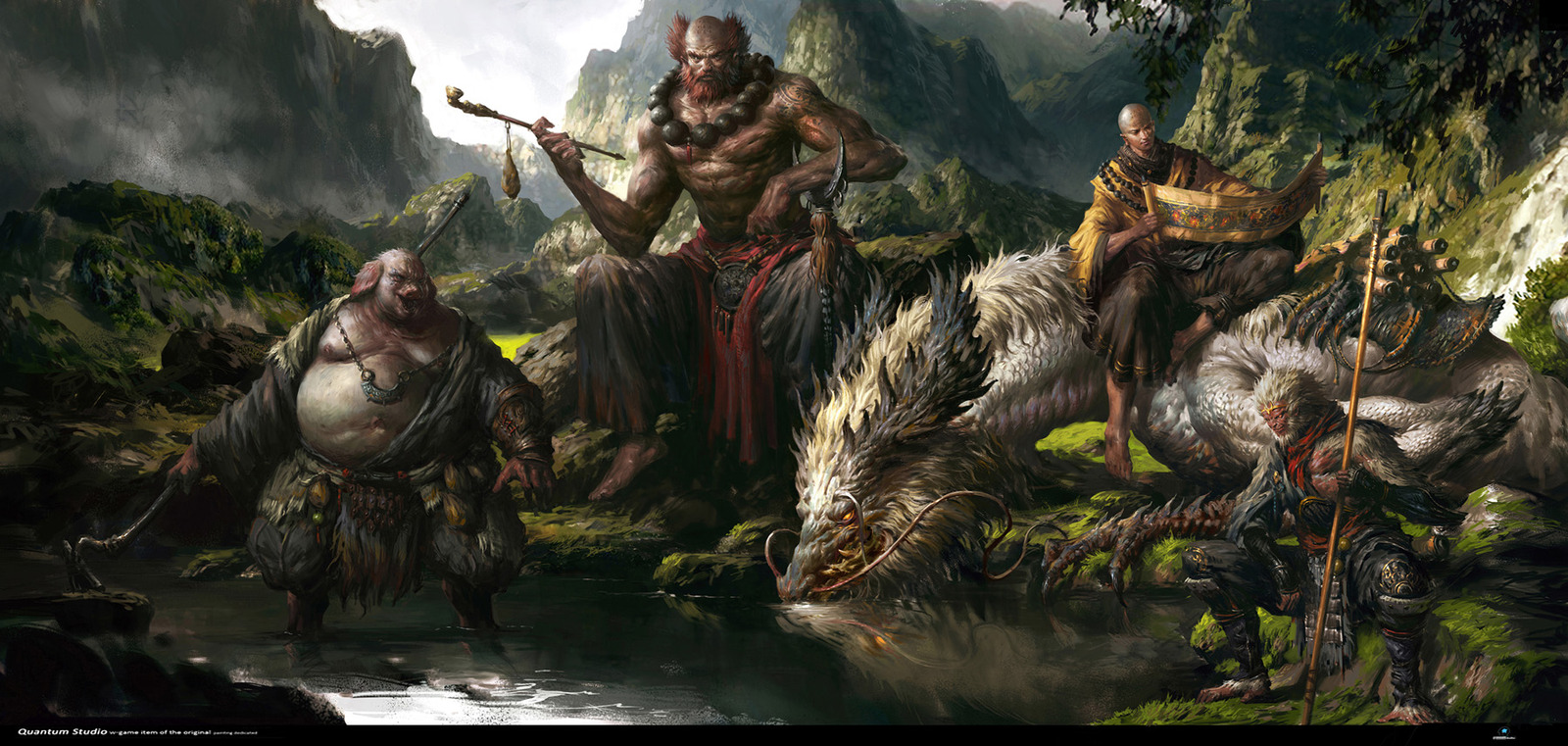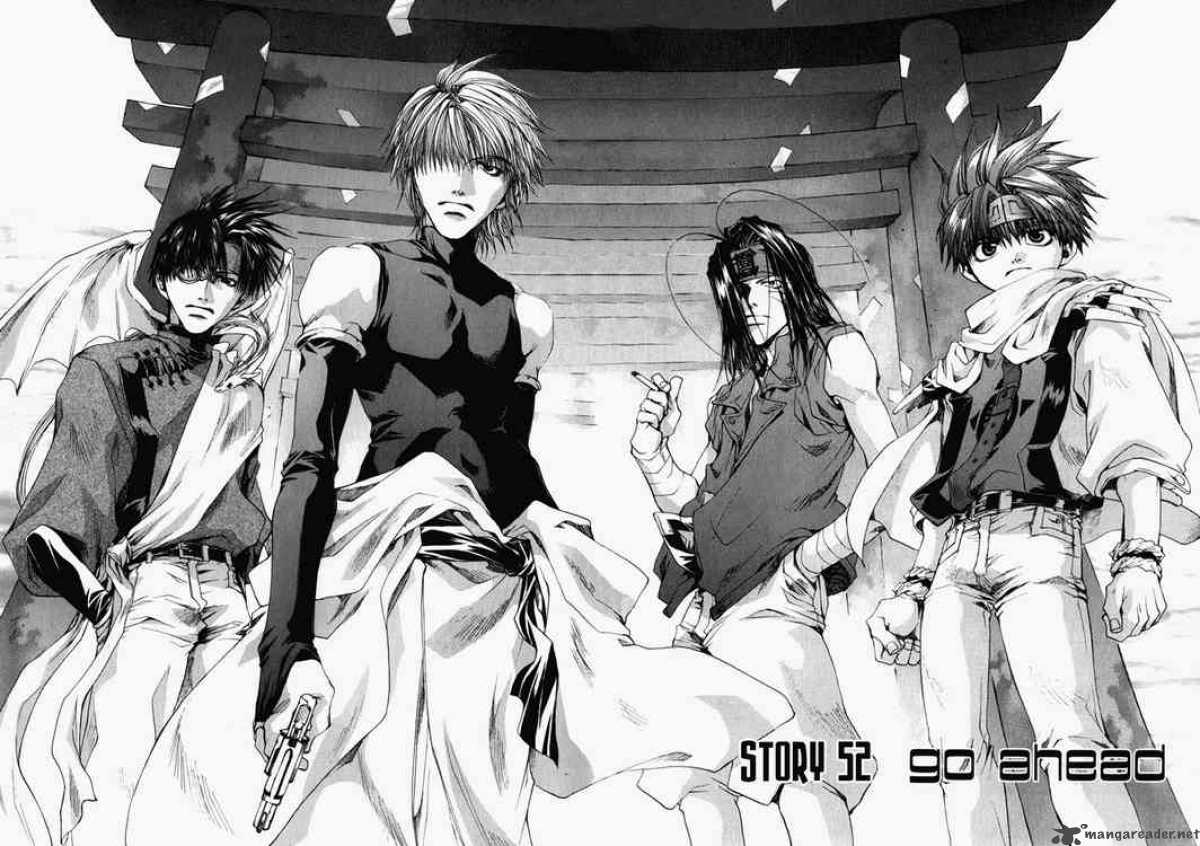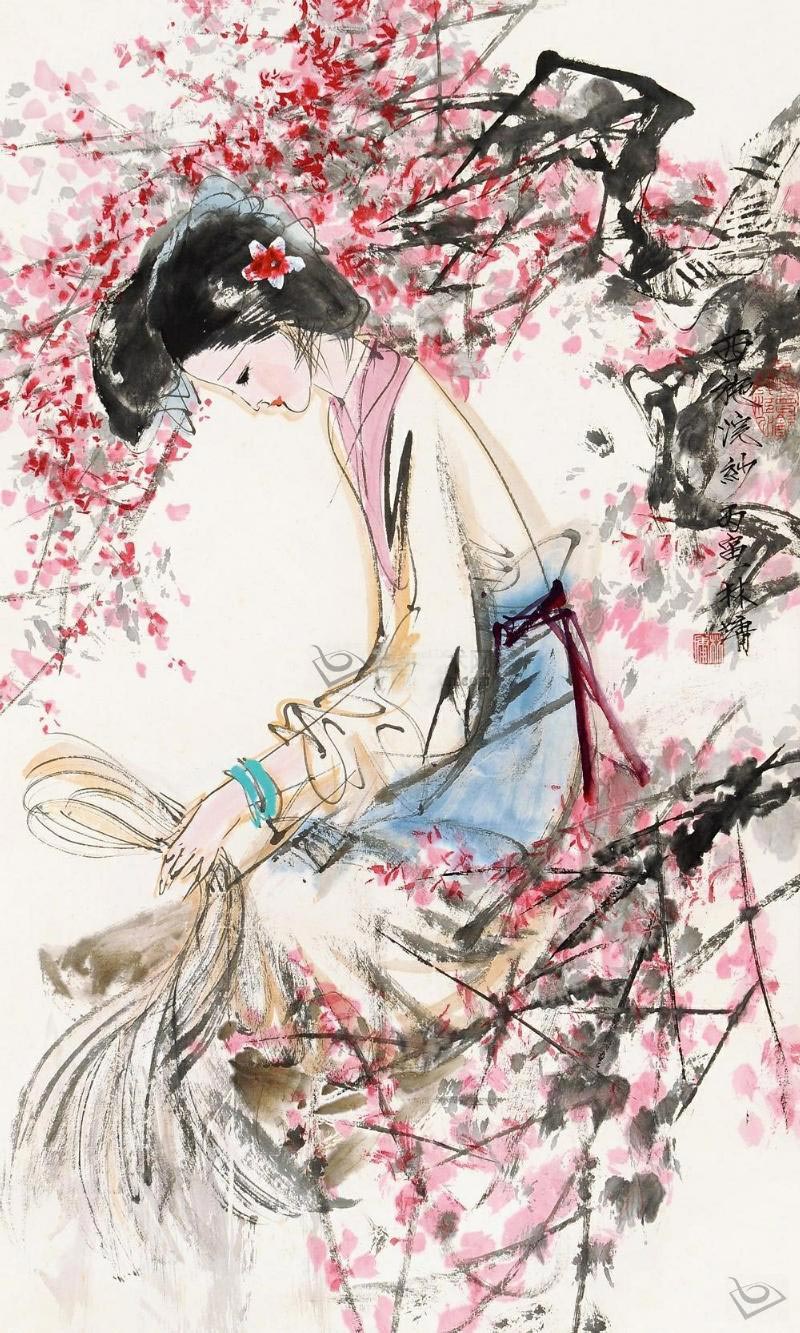西 xī
noun
: west
Kun Reading
西 | にし nishi
noun
: west
On Reading
西 | せい sei
noun
: (abbreviation) Spain
さい sai
西方 xi1fang1: the West; Western countries [せいほう seihou: western direction]
西部 xi1bu4: western part
[せいぶ seibu: western part; the west]
西北 xi1bei3: northwest [せいほく seihoku]
西南 xi1nan2: southwest [せいなん seinan]
西瓜 xi1gua1: watermelon [すいか suika]
西瓜割り | すいかわり suikawari: watermelon splitting (game)
西米 xi1mi3: sago
[沙穀 | サゴ sago: sago (edible sago palm starch)]西米露 xi1 mi3 lu4: tapioca pudding; sago pudding
西班牙 xi1 ban1 ya2: Spain
[西班牙 | すぺいん supein: Spain]
西門町 [西门町] xi1 men2 ding: Ximending (neighborhood in Wanhua district, Taipei. Shinjuku of Taiwan)
[西門町 | にしもんちょう nishimonchou: Nishimonchou]
法蘭西 [法兰西] fa3 lan2 xi1: France [法蘭西 | ふらんす furansu]
馬來西亞 [马来西亚] ma3 lai2 xi1 ya4: Malaysia
山西 shan1xi1: Shanxi province (Shansi) in north China between Hebei and Shaanxi, abbr. 晋 capital Taiyuan 太原 [さんし sanshi: Shanzi (China)
巴西 ba1xi1: Brazil
東[东]南西北 dong1 nan2 xi1 bei3: east, south, west and north; all directions
[東西南北 | とうざいなんぼく touzai nanhoku: east, west, south and north]默西亞 [默西亚] mo4 xi1 ya4: Messiah
[救世主 | きゅうせいしゅ kyuuseishu: savior; messiah]
摩西 mo2xi1: Moses
摩西律法 mo2xi1 lü4fa3: law of Moses
西奈山 xi1 nai4 shan1 OR 西乃山 xi1 nai3 shan1: Mount Sinai
西元 xi1 yuan2: Christian era; Gregorian calendar; AD (Anno Domini)
西遊記 [西游记] xi1 you2 ji4: Journey to the West, Ming dynasty novel by Wu Cheng’en 吳承恩, one of the Four Classic Novels of Chinese literature; also called Pilgrimage to the West or Monkey
 photo credit: pinterest
photo credit: pinterest
[せいゆうき seiyuuki OR さいゆうき saiyuuki: Monkey (Monkey King, Magic Monkey); Journey to the West (classic of Chinese literature)]


西王母 xi1 wang2 mu3: Xi Wangmu, Queen Mother of the West, keeper of the peaches of immortality; popularly known as 王母娘娘
[せいおうぼ seioubo: Queen Mother of the West (an ancient Chinese goddess)]
薄荷 bo4he: field mint; peppermint
[西洋薄荷 | せいようはっか seiyou hakka: peppermint (Mentha x piperita)
山葵 shan1kui2: wasabi
[西洋山葵 | せいようわさび seiyou wasabi: horseradish (Armoracia rusticana)]
Japanese expression | yojijukugo 四字熟語
東西東西 | とうざいとうざい touzai touzai
: ladies and gentlemen!; roll up, roll up!
東は東西は西 | ひがしはひがしにしはにし higashi wa higashi nishi wa nishi
: East is East, and West is West
*東奔西走 | とうほんせいそう touhonseisou
: (yoji) busying oneself about (something); being on the move; bestirring oneself; on the go; taking an active interest
西も東も分からない | にしもひがしもわからない nishji mo higashi mo wakaranai
: not knowing one’s way around; not familiar with the area; not knowing what to do
西向くさむらい | にしむくさむらい nishimuku samurai
: mnemonic for remembering the months with fewer than 31 days (ni, shi, mu, ku, etc.)
Chinese expression | chengyu 成語 | idiom
東拉西扯 [东拉西扯] dong1 la1 xi1 che3
: to talk about this and that; to ramble incoherently
夕陽西下 [夕阳西下] xi1 yang2 xi1 xia4
: the sun sets in the west
喝西北風[风] he1 xi1 bei3 feng1
: lit. drink the northwest wind; cold and hungry
OR
食西北風[风] shi2 xi1 bei3 feng1 (cantonese)
: lit. to eat the northwest wind; have nothing to eat; live on air
*東奔西走 [东奔西走] dong1 ben1 xi1 zou3
: to run this way and that; to rush about busily; to bustle about; to hopscotch
also 東跑西顛|东跑西颠 dong1 pao3 xi1 dian1
OR
東奔西跑 [东奔西跑] dong1 ben1 xi1 pao3
: to run this way and that; to rush about busily; to bustle about
東鱗西爪 [东鳞西爪] dong1 lin2 xi1 zhao3
: lit. a dragon’s scale from the east and a dragon’s claw from the west; odds and ends
聲東擊西 [声东击西] sheng1 dong1 ji1 xi1
: to make a declaration for the east and strike to the west; to misdirect
拆東牆補西牆 [拆东墙补西墙] chai1 dong1 qiang2 bu3 xi1 qiang2
: lit. pull down the east wall to repair the west wall; fig. temporary expedient. Rob Peter to pay Paul
東一榔頭西一棒子 [东一榔头西一棒子] dong1 yi1 lang2 tou2 xi1 yi1 bang4 zi
: banging away clumsily in all directions with no overall vision
情人眼裡出西施 [情人眼里出西施] qing2 ren2 yan3 li3 chu1 xi1 shi1
: lit. in the eyes of a lover, a beauty appears (西施 Xi1 shi1); fig. beauty is in the eye of the beholder

ˆ西施 Xishi (c. 450 BC, Spring and Autumn Period), famous Chinese beauty, foremost of the Four legendary beauties 四大美女, given by King Gou Jian 勾踐|勾践 Gou1 Jian4 of Yue as concubine to King of Wu as part of a successful plan to destroy Wu. She said said to be so entrancingly beautiful that fish would forget how to swim and sink away from the surface when seeing her reflection in water 西施沉魚 xi1shi1 chen2yu2.
王昭君 Wang Zhaojun [Wang Qiang 王牆] (c. 1st century BC, Western Han Dynasty), said to be so beautiful that her appearance would entice birds in flight to fall from the sky.
貂蟬 Diaochan (c. 3rd century, Late Eastern Han/Three Kingdoms period), said to be so luminously lovely that the moon itself would shy away in embarrassment when compared to her face.
楊玉環 Yang Guifei (719–756, Tang Dynasty), said to have a face that puts all flowers to shame
象形 Pictographic.
Picture of a nest, where birds return when the sun sets in the west.
Historical Variant:
覀 xi: variant of 襾 ya4: cover radical 146
Look-alike:
酉 you3: wine vessel
[kun: とり tori.
on: ゆう yuu]
西風的話 – Super Junior M 슈퍼주니어
作詞:廖叔輔/可樂王(Cola King)
作曲:黃自
去年我回來 你們剛穿新綿襖
今年我來看你們 你們變胖又變高
你們可記得 池裡荷花變蓮蓬
花少不愁沒顏色 我把樹葉都染 紅
今晨的夢裡 樹上猴子穿新衣
鼓號吹奏的章魚 路過森林下著雨
滴哩噠啦哩噠 噠哩 桃花變成了狐狸
迷路的樂隊在哭泣 人生也許是個 謎
花少不愁沒顏色 我把樹葉都染
credit: Super Junior M
Resources: Chinese Dictionary | Japanese Dictionary

